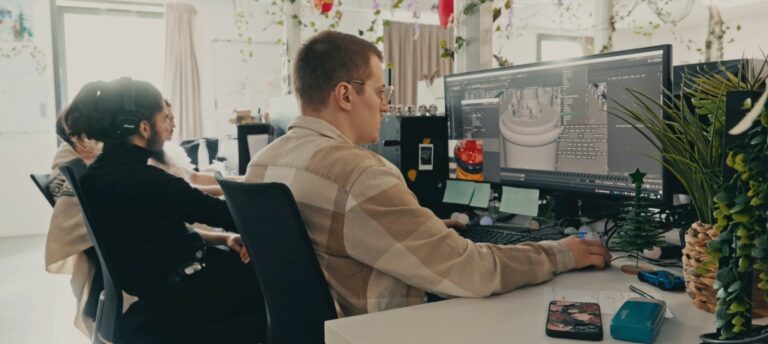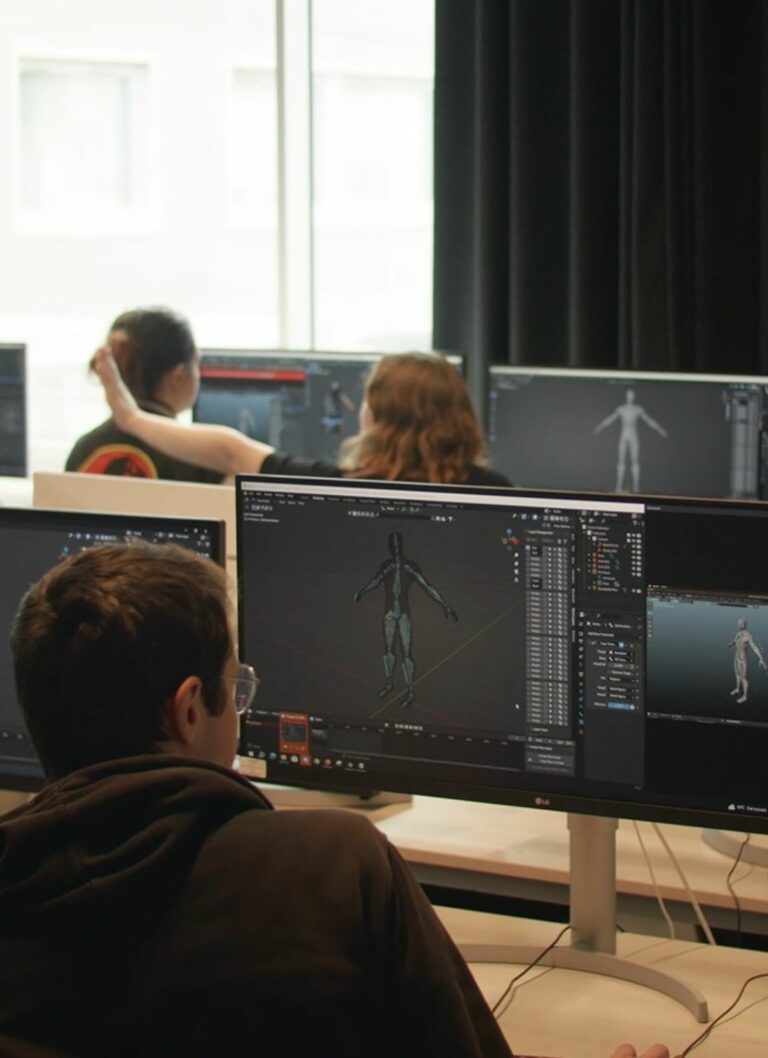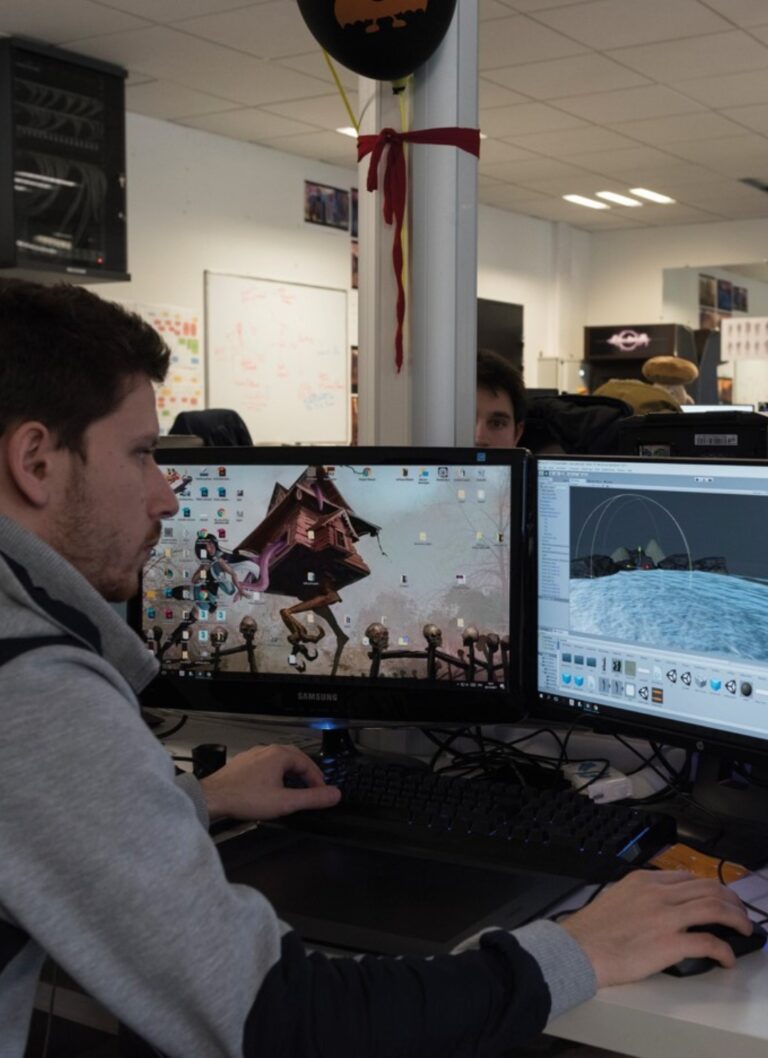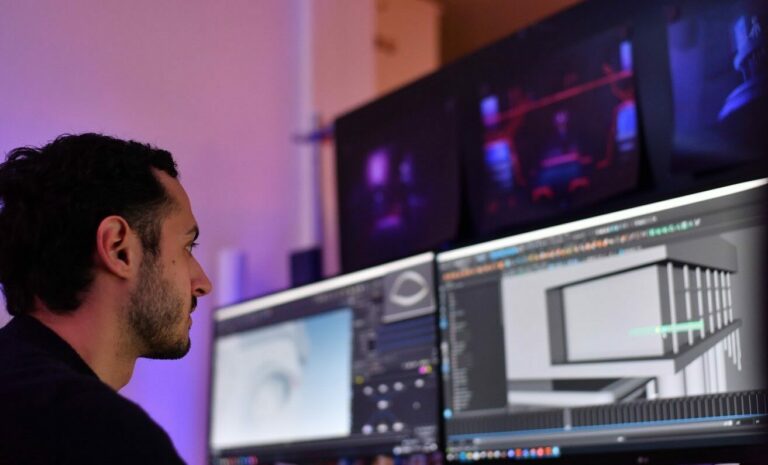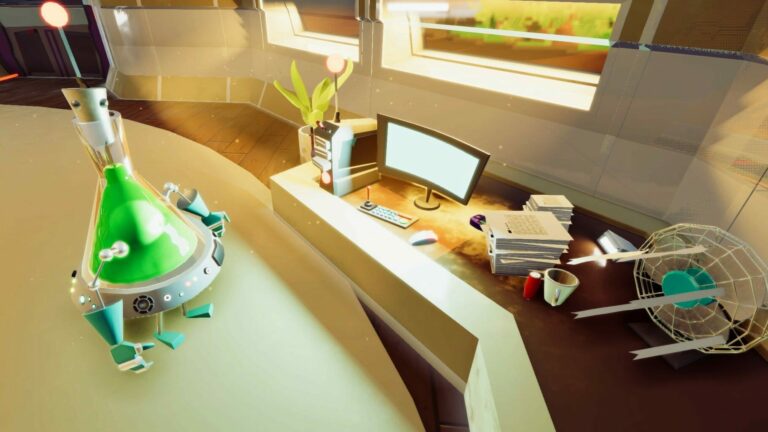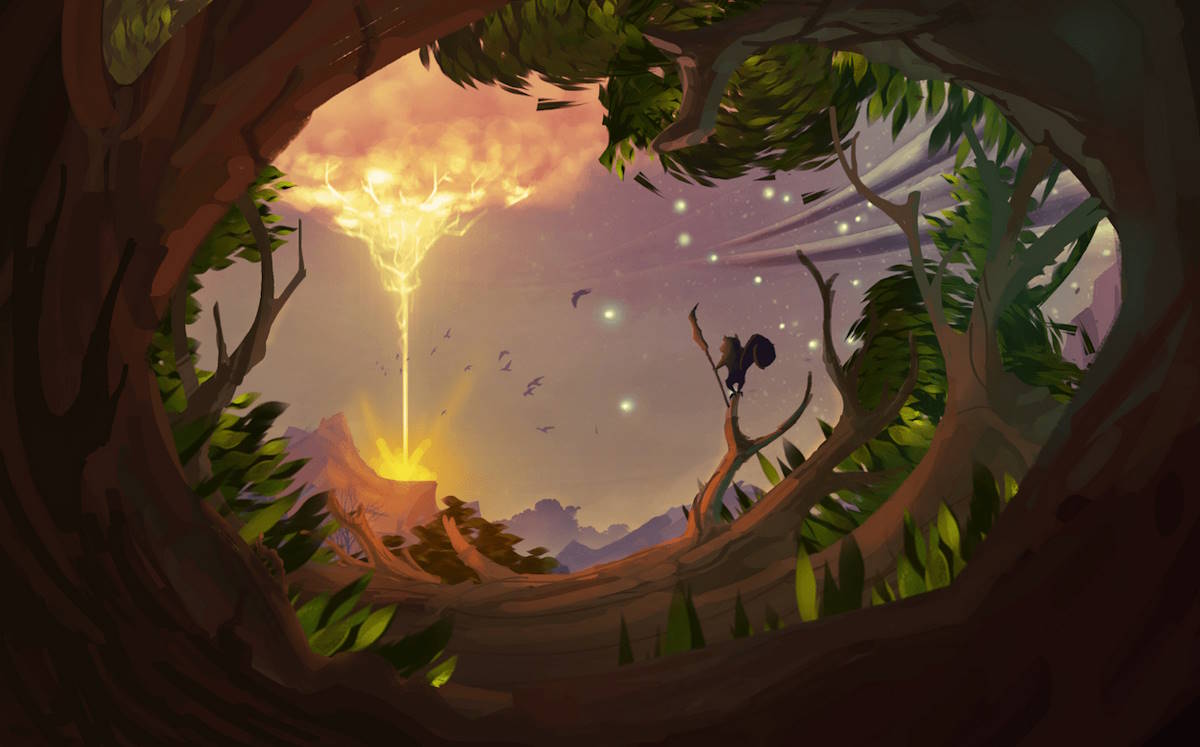
- Training Video Game
To become a concept artist, start by learning art fundamentals, digital tools, and building a strong portfolio. Focus on character, environment, and prop design, then grow through community , freelance work, or internships.
What is a concept artist?
They work from a brief and help bring the director’s vision to life. Concept Artist sketches often guide the rest of the team. They create the first visual drafts of characters, environments, props, and scenes.
Is concept art right for you?
Here is how you know if concept art is right for you
- Drawing and sketching and creating new characters, places, or atmospheres excites you.
- You enjoy researching themes and moods ,history, culture, or genre specific aesthetics to build authentic designs.
- You are open to revising your art and can keep pace with a production timeline.
- You enjoy building complete visual stories.
- You like collaborating and work in large teams , working with directors, writers, and 3D modelers.
How to become a concept artist
Build foundational art skills
This is the most important part in your entire career .These basics help you draw convincing characters and scenes. Use online tutorials or attend life drawing classes to improve faster.
- Sketching People , objects , environments and animals.
- Study human Anatomy.
- Learn Rules of Perspective.
- Learn how lights affects shapes
Learn digital tools
Most studios expect digital art proficiency.
For sketching and painting :
- Photoshop
- Procreate
For more advanced tasks you need to learn :
- Blender for 3D
- ZBrush for Sculpting
- Illustrator for vector design
These tools help speed up your process and give your work more depth.
Create a strong portfolio
Your portfolio is what gets you hired. Well thought out projects are better than dozens of unfinished ideas. Include this in your portfolio:
- Character designs: show personality and variation
- Environments: landscapes, interiors, mood pieces
- Props: weapons, vehicles, items with purpose
- Process: show sketches, references, and iterations Make your portfolio easy to navigate and hosted online.
Consider education paths
Formal education helps if you need structure or mentorship. Look into degrees in 3d animation, illustration, or Video game design. If you’re self taught then you go after online platforms like Schoolism, Skillshare, and Evenant offer excellent courses.
Gain experience
Real projects builds confidence and credibility:
- Freelancing: take small jobs on Upwork or Fiverr
- Internships: even unpaid ones can lead to connections
- Personal projects
- Art challenges: join events like Inktober or Character Design Challenge to build consistency
Stay active in the community
Share work on all platforms like Art Station, Behance, Reddit or even social media. Ask for feedback. Follow other artists, and attend online webinars.
Common industries hiring concept artists
- Video Games: Character and world design
- Film & TV: Sets, costumes, and storyboards
- Animation: Style frames and visual development
- Advertising: Campaign visuals and pitch decks
Mistakes to avoid
- Skipping fundamentals
- Submitting only finished art with no process
- Not updating your portfolio
- Ignoring feedback from peers and mentors
Concept artist salary expectations
Salaries can vary based on your experience, industry, and location. Here’s a general idea:
- Entry Level : $40,000 – $60,000 per year
- Mid Level : $60,000 – $80,000 per year
- Senior Level : $85,000 – $120,000 or more
FAQ
Can I become a concept artist without a degree?
Yes. A strong portfolio matters more than a diploma.
How long does it take to become one?
It depends. Some people go pro after a few years of focused learning.
What should my first portfolio include?
A mix of characters, environments, props, and thumbnails that show your thinking.
